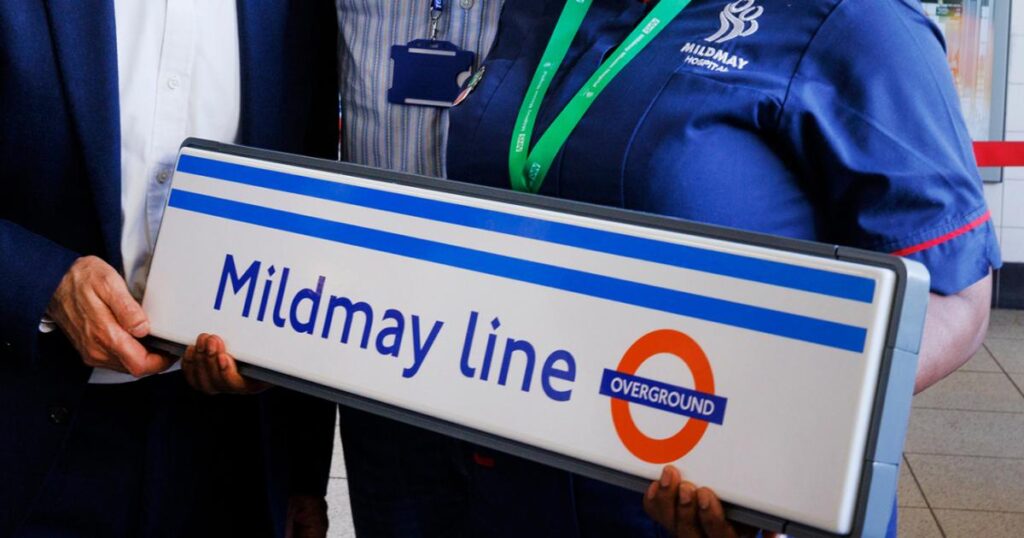Last year, the six routes on London’s TfL-owned suburban railways were given distinct identities.
But before the Mayor settled on Liberty, Lioness, Mildmay, Suffragette, Weaver and Windrush, dozens of names were suggested for each Overground route.
TfL has said that some were discarded because they could be easily mistaken or misheard for existing Tube lines, others because they might have had “negative connotations”, and a few were considered to be too long to be practical.
In a new document released by TfL, they set out some of the names from the longlist which were considered “viable options”.
The names are not explicitly identified with a specific line, although some of them are easy to work out because of the people or locations to which they refer.
North London is served to some degree by all of the Overground lines apart from the Liberty line, which runs in east London.
Here are some of the names that were considered but rejected that relate to north London.
Mildmay line
- Keskidee – founded in 1971, the Keskidee Arts Centre was Britain’s first arts centre for the Black community; located near Caledonian Road & Barnsbury station, the project was initiated by Guyanese architect and cultural activist Oscar Abrams to provide cultural activities for the West Indian community
Suffragette line
- Obaala – named after a Black art gallery in South Tottenham, which was created by the Organisation for Black Art Advancement and Leisure Activities (OBAALA); the organisation aimed to showcase the work of artists who were proud of their African ancestry
Lioness line
- Cother – honouring Jack Cother, the first Asian professional footballer in the UK who played for Watford FC from 1897; the club’s Vicarage Road stadium at the end of the line has a small plaque in his honour; Cother’s father was originally from Mumbai, India and this story recognises the important South Asian communities along this line, particularly at Wembley, at a time when racism in football continues to be an important issue
Weaver line
- Kaushal – born in 1906 in Punjab, Baldev Kaushal trained at the Middlesex Hospital before setting up a medical practice near Cambridge Heath; it was here that he helped victims of the Bethnal Green Tube station disaster of 1943




